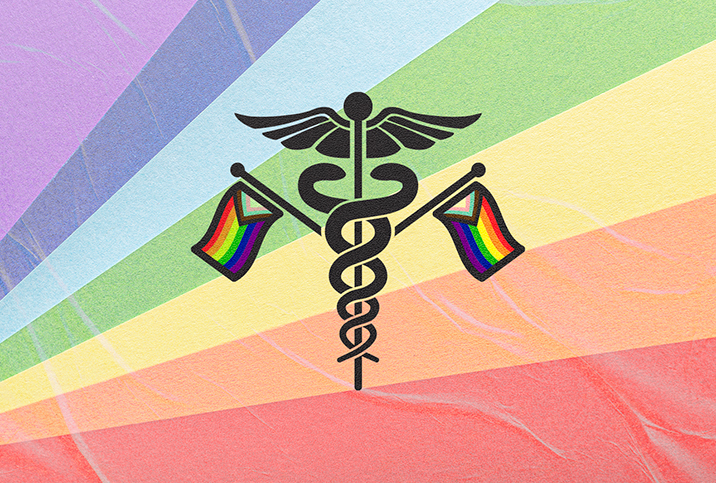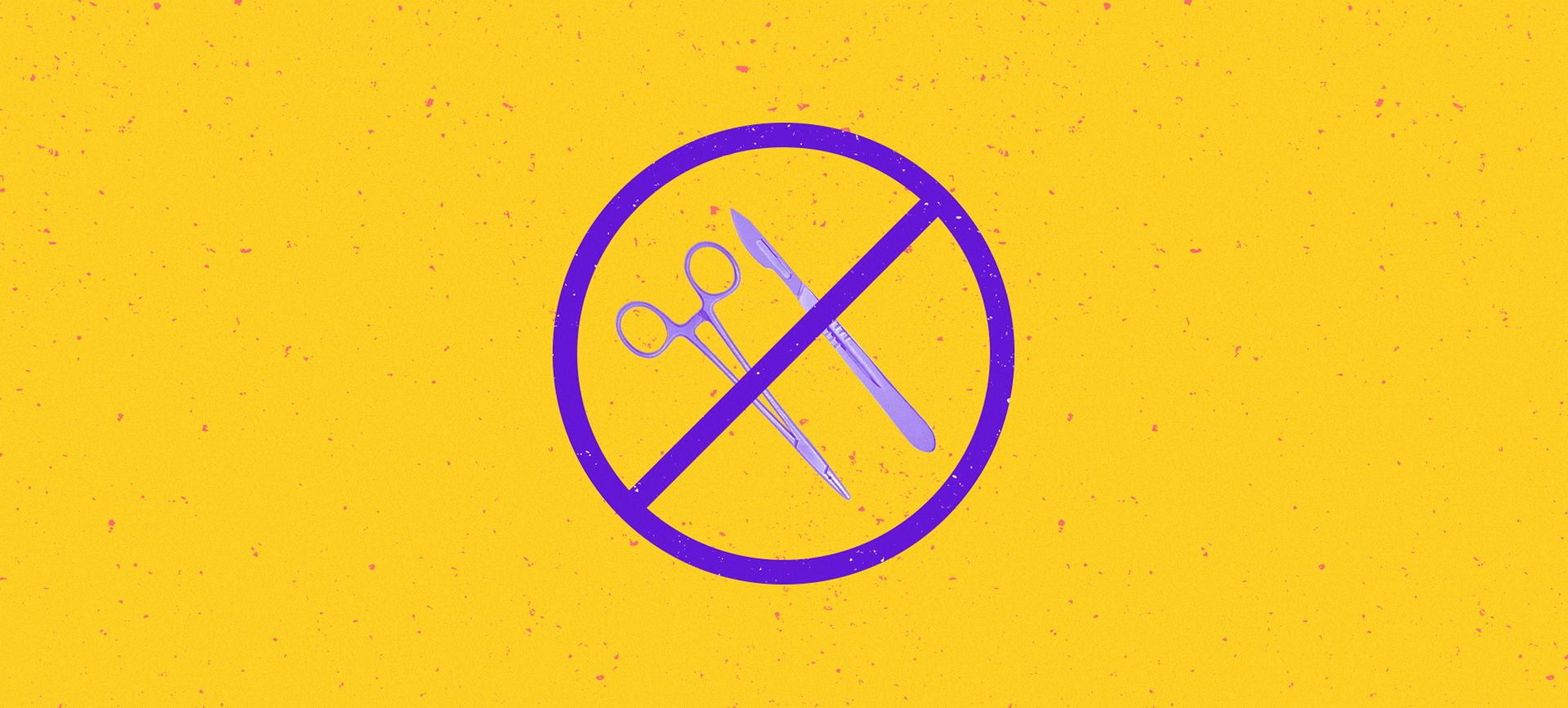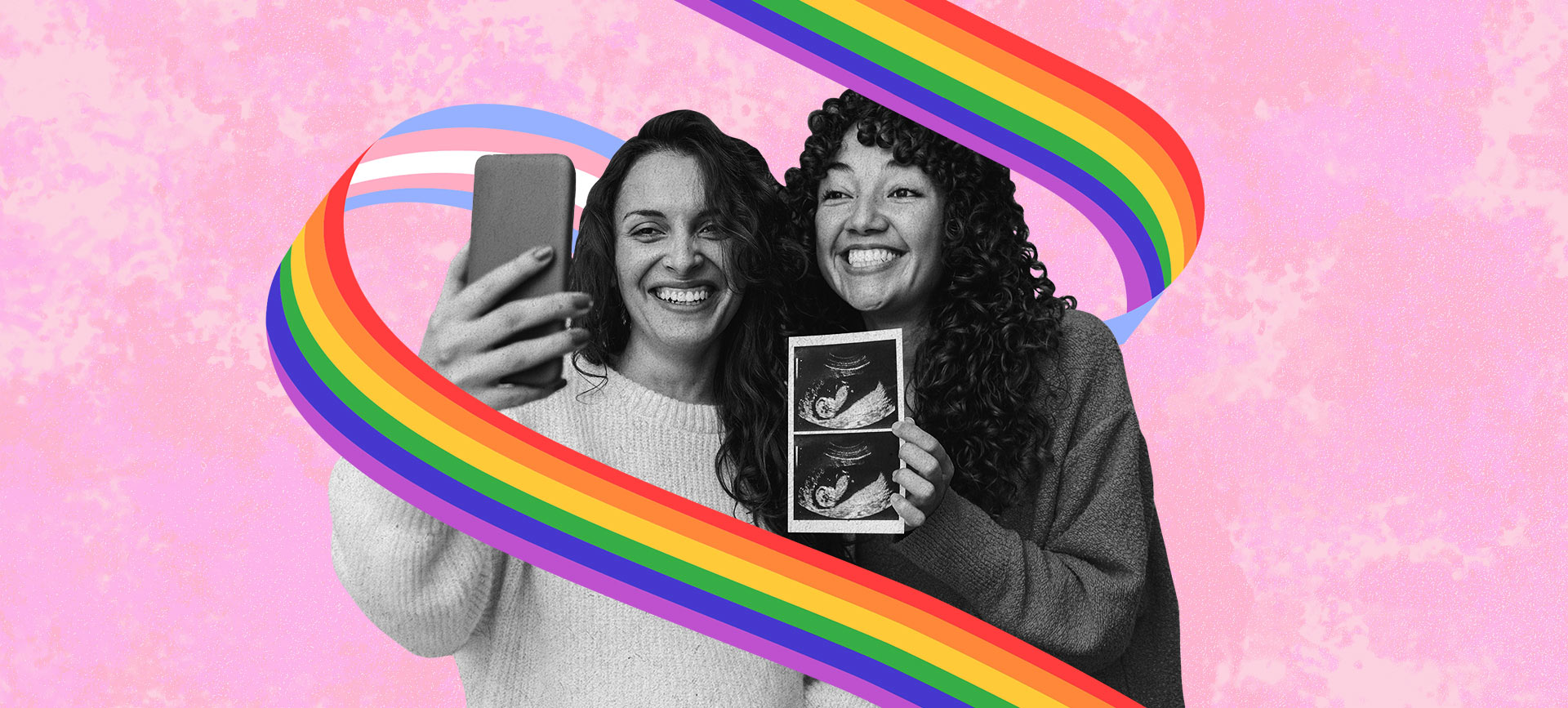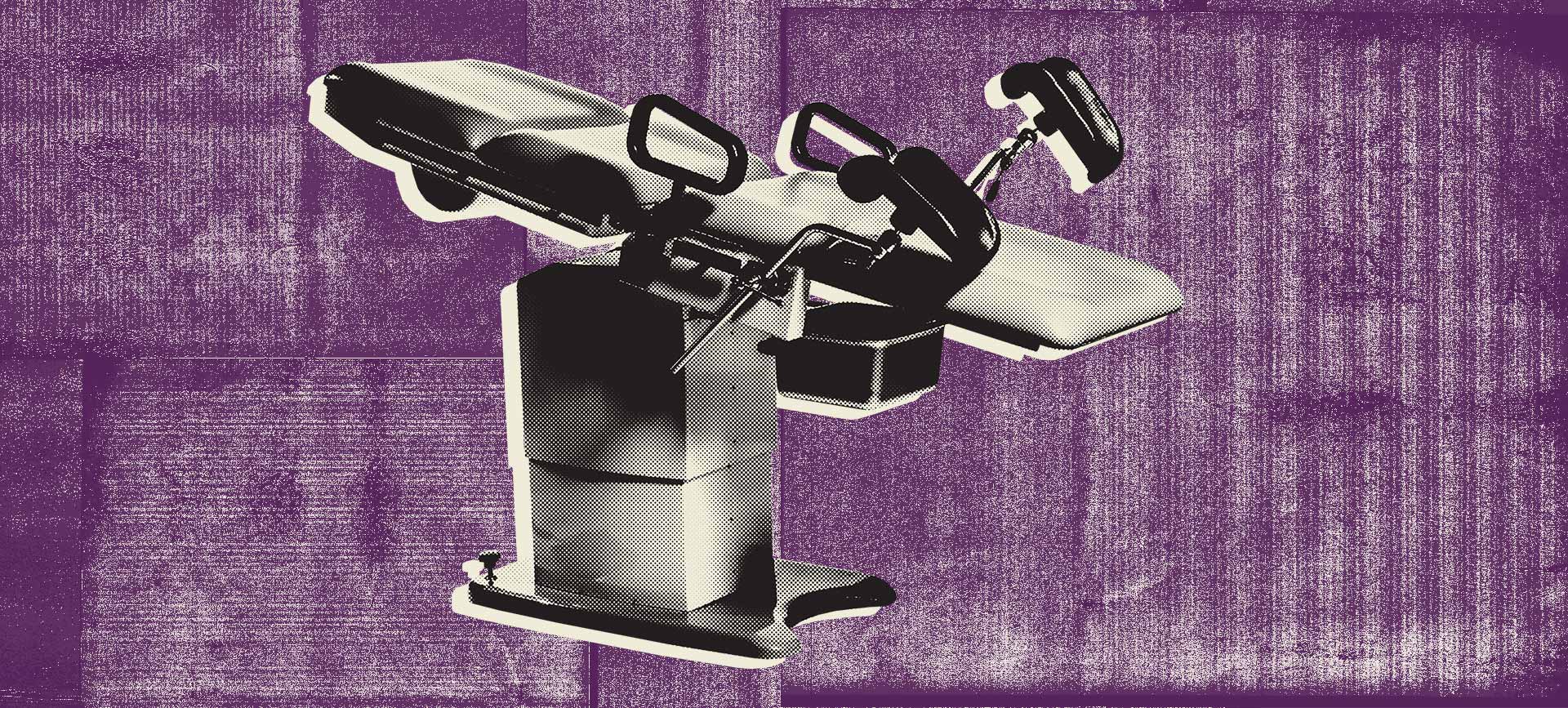Taking place in June for the United States, and throughout other summer months around the globe, LGBT Pride Month is an opportunity for the queer community to rejoice in their identities, and celebrate diversity and progress in the face of discrimination. It's also a time of reflection, as we mourn people lost to violence and discrimination.
One such variety of discrimination comes in the healthcare field. Data published in the journal of Health Services Research as of 2019 indicated more than 1 in 6 LGBTQ adults avoided health care as a result of discrimination. In survey results released in 2018 by the Center for American Progress, 8 percent of queer respondents reported a provider refused to see them based on perceived or actual orientation. A devastating 29 percent of transgender respondents reported being turned away for perceived or actual gender identity. As LGBTQIA+ people are already at higher risk of mental health problems, likely due to discrimination, and men who have sex with men are at higher risk of sexually transmitted infections and diseases, limited or poor medical care can be deadly.
As rates of STI and STD transmission continue to rise, and as an increasing number of states usher in legislation restricting gender-affirming care for minors, this Pride Month is an especially poignant time to examine the barriers LGBTQIA+ people face in acquiring appropriate medical care. This June, and into July, we've curated six critical articles on these issues, ranging from HIV stigma to intersex surgery, the disconnect between OB-GYN care and trans people, and how homophobia increases STD risk.











